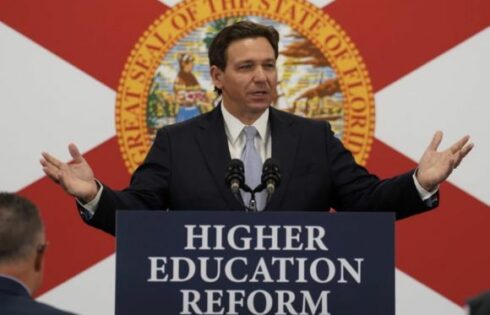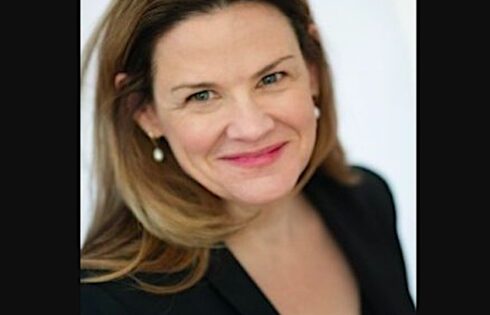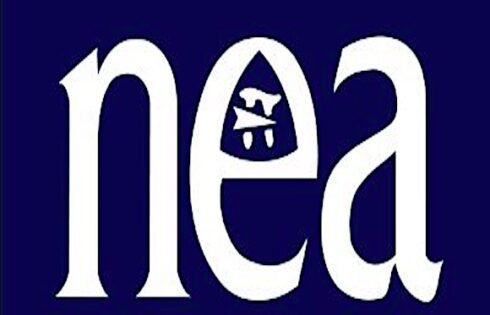Notre Dame senior Bob Burkett writes for the Irish Rover:
In response to the accommodations put forth by the Obama administration, groups including the New York Times, American Civil Liberties Union and NARAL Prochoice America have provided their support and praise. A Washington Post columnist even went so far as to write that the compromise “ought to be taken by the nation’s Catholic bishops as the victory it is.”
Some legal scholars are inclined to disagree. Gerard V. Bradley, Professor of Law at the University of Notre Dame, remarked on the complexities of the rules.
“One can say with confidence the following: 1) religious hospitals are, as before, not exempt ‘religious employers’; 2) religious charities are very likely not exempt either, unless they are run out of a church or are very tightly integrated with a church. So, a parish or even a diocese’s Saint Vincent De Paul operations would probably be an exempt ‘religious employer,’ whereas Catholic Charities would not be; 3) the new proposal may (or may not) make it more likely that parish grade schools are exempt ‘religious employers.’”
With regard to Catholic higher education, Bradley argued that “it is certain that Catholic colleges and universities do not qualify as exempt ‘religious employers’…the proposal adds some additional layering to the earlier attempts to insulate the schools, but nothing of decisive moral significance is included.”
Other critics of the plan include religious liberty law firms such as the Becket Fund and the Alliance Defending Freedom and political analysts such as Yuval Levin.
Levin wrote that the plan, “like the versions that have preceded it, betrays a complete lack of understanding of both religious liberty and religious conscience…the government has forced a needless and completely avoidable confrontation and has knowingly put many religious believes in an impossible situation.”
The United States Conference of Catholic Bishops (USCCB) has yet to release a detailed statement, noting that it “welcome[d] the opportunity to study the proposed regulations closely” and “look[ed] forward to issuing a more detailed statement later.”
The plan has been additionally susceptible to critique by for-profit organizations that also have conscientious objections to the HHS Mandate, like Hobby Lobby and Autocam Corporation.
Matthew Schmitz of First Things wrote in defense of such organizations, “the Obama administration believes that conscientious objections to contraception should prevail in the non-profit sector, but not in for-profit corporations. Why? Do employees of non-profits need contraception less? Do conscience claims of their leaders matter more? Why are tax-exempt organizations granted more rights than those which pay taxes?”
Ronald J. Colombo, Professor of Law at Hofstra University, believes that the distinction between non-profit and for-profit organizations is a “convenient rule of thumb, but when it comes to constitutional matters such as freedom of religion it’s not appropriate. There are for-profit corporations that are much more religious than non-profits.”
Colombo argued that current state and federal laws have “impede[d] the ability of business enterprises to adopt, pursue, and maintain distinctively religious personae.” Without the ability for businesses to display or conform to a distinctly religious character, “religious expression and practice is restricted to the private quarters of one’s home,” a condition that entails that “religious freedom does not truly and fully exist.”
Schmitz also argued that the for-profit sector could at least receive the same application of the accommodation issued in the non-profit sector. He writes, “contraceptives will be ‘seamlessly’ provided to employees of non-profits in a way that does not impinge on the consciences of employers. Say, though, that the administration’s claims are made in good faith: Why not provide the same ‘seamless’ accommodations even to for-profit corporations?”
Despite the administration’s accommodations, it is evident that there are a number of religious, non-profit and for-profit objectors. Having rejected the proposal, it is up to the American bishops and other conscientious objectors to respond. The problem remains: How are the objectors to respond in a way that can bring about a greater protection of their religious liberty?
Archbishop Charles Chaput of Philadelphia had this to say.
“One of the issues America’s bishops now face is how best to respond to an HHS mandate that remains unnecessary, coercive and gravely flawed. In the weeks ahead the bishops of our country, myself included, will need both prudence and courage – the kind of courage that gives prudence spine and results in right action, whatever the cost. Please pray that God guides our discussion.”
Read the full article here.
Click here to Like The College Fix on Facebook.





Please join the conversation about our stories on Facebook, Twitter, Instagram, Reddit, MeWe, Rumble, Gab, Minds and Gettr.